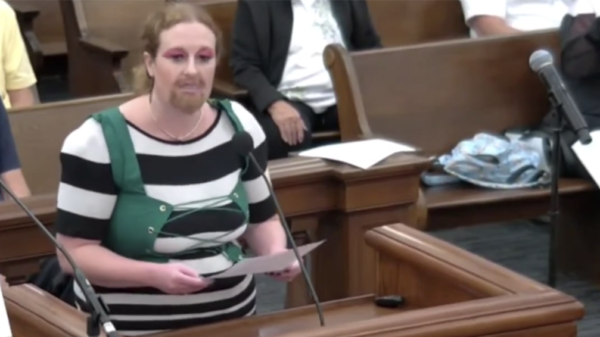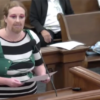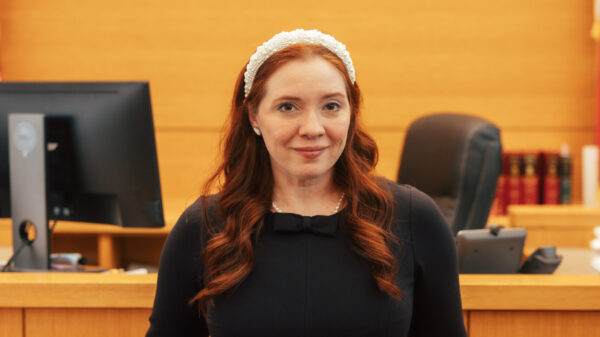Auburn Councilman Steven Dixon is challenging the city’s government all the way up to the Supreme Court over an ordinance restricting short-term rentals.
Dixon joined the Auburn Council in 2018, right around the time, he says, a conversation began about how to handle people renting out their homes on a short-term basis on sites like AirBnB.
Because Dixon was renting out the basement of his home as a short-term rental, he could not be involved in the vote when the city ultimately ruled to limit STRs by banning them in traditional single-family neighborhoods.
The decision meant Dixon would no longer be able to continue renting out his home.
“That moment when it passed on March 16, 2021, that’s when basically half the people in this town were allowed to short-term lease their property and the other half were banned,” Dixon said.
Dixon’s claims impairment of contract; unlawful taking without just compensation; invasion of privacy; violation of Alabama Equal Protection Law; retroactive law; invasion of privacy and Alabama Equal Protection law violation and more in his lawsuit against the city.
“To me the ordinance is extremely discriminatory to families and property owners,” Dixon said. “To me there are a few different ways STRs are in Auburn. I live on site typically when I rent my place, unless I’m on vacation. I have basically a basement apartment that’s about 500 square feet … I always followed the rules and was legally able to do this.”
Lee County Circuit Court Judge Jacob A. Walker III denied Dixon’s claims in June, finding “no genuine issues of material fact.”
In the complaint, Dixon argues that property owners should be able to use their homes as they see fit.
“The Short-Term Rental Ban also discriminates against property owners’ ability to use their property as they see fit, while providing favorable treatment to those that lease their properties on a long-term basis,” the complaint reads.
Auburn isn’t the first city to grapple with short-term rental regulation. Cities across the country have been taking different approaches to managing the burgeoning industry and delineate homes and businesses.
The Fifth Judicial Circuit ruled just last week that an ordinance in New Orleans restricting short-term rentals is unconstitutional. However, that ruling deals specifically with the ordinance discriminating against out-of-state property owners.
Still, there’s a back-and-forth over whether operating a short-term rental out of a residential area is an essential property right or a misuse of family housing.
“There are probably a handful of people that live on Haynes Street, or a home or two on East Sanford where I believe there may have been a person that had a party that got out of control,” Dixon said. “I think that is what got this whole thing going. That, in my opinion, has probably happened a handful of times. It’s impacted a lot of people for an issue that’s really not been an issue.”
Auburn resident Bill Caskey, who rents out his own investment home in Blue Ridge, Georgia, said the ordinance is fair and necessary.
“The problem with short-term rentals are parties, parking and trash,” Caskey said. “I’m opposed to having those issues in a neighborhood that’s not what the neighborhood is for. You can’t open a beauty salon in your spare bedroom … Why should you be able to operate a type of hotel?”
Dixon is hopeful though that the Alabama Supreme Court will see it his way, that property owners have a right to use their property for such uses.
“If you look, in a case in Austin, Texas, they lost at the civil level and the appellate level. The supreme court looked at it and they said people have rights to their property in general,” Dixon said. “I expect that is where we will be. I expect to lose in appellate court, and expect to win in Alabama Supreme Court.”
The Texas court found that the occupants were still using the home for a “residential purpose” and therefore did not violate restrictions.
Dixon said Thursday that the Supreme Court is now considering whether to hear his case.























































